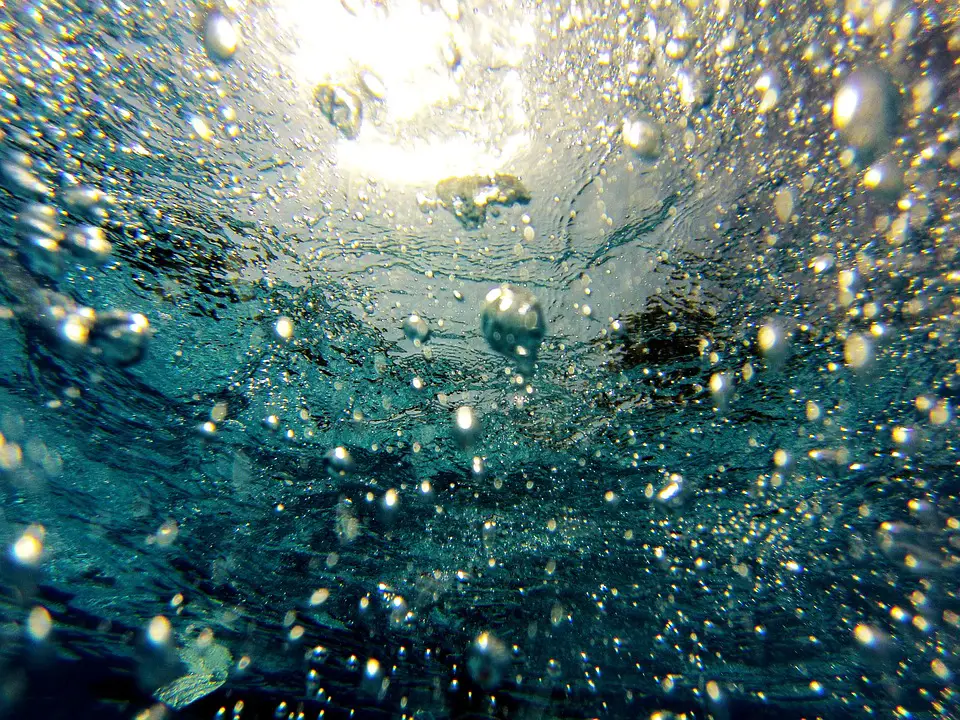Table of Contents
Introduction
The mysterious depths of the ocean have always captivated the human imagination. The call of the ocean beckons adventurers, offering a gateway to a world teeming with vibrant marine life, awe-inspiring coral reefs, and intriguing shipwrecks. Scuba diving provides the unique opportunity to explore this fascinating aquatic realm and embark on a journey of a lifetime.
In this article, discover the thrill of scuba diving, the necessary equipment, the best diving locations, and practical tips for a safe and unforgettable underwater experience.
The Thrill of Scuba Diving
Scuba diving offers a sense of weightlessness and freedom, as you glide effortlessly through the water, surrounded by marine creatures. It is a truly immersive experience that allows you to observe marine ecosystems up close, discovering a whole new world beneath the waves. From encountering colorful tropical fish and majestic sea turtles to exploring magnificent coral reefs, each dive brings new wonders to behold.
Necessary Equipment
Before embarking on a scuba diving adventure, it is crucial to have the right equipment. The essentials include a mask, fins, a wetsuit or drysuit depending on the water temperature, a regulator to breathe underwater, and a buoyancy control device. These items ensure your safety, comfort, and ability to explore the underwater environment with ease. It is also important to have a dive computer and an underwater camera to capture your memorable moments beneath the surface.
Best Diving Locations
The world is dotted with incredible diving destinations that cater to divers of all levels. Some of the most renowned ones include:
- Great Barrier Reef, Australia: Known as the world’s largest coral reef system, it is home to an astounding array of marine life and vibrant reefs.
- Red Sea, Egypt: Offering crystal-clear waters, the Red Sea serves as a gateway to explore fascinating wrecks and encounter exotic marine species.
- Maldives: With its turquoise waters and coral atolls, the Maldives is a paradise for divers, teeming with incredible biodiversity.
- Galapagos Islands, Ecuador: Famous for its unique wildlife both above and below the water, the Galapagos offers thrilling encounters with marine iguanas, Galapagos sharks, and more.
- Palau, Micronesia: This remote island nation boasts stunning underwater terrain, including a vast array of coral walls, caves, and World War II shipwrecks.
Practical Tips for a Safe Dive
While scuba diving is an exhilarating adventure, it is essential to prioritize safety. Here are some practical tips to ensure a safe dive:
- Get certified: Obtain proper scuba diving certification from a reputable diving organization.
- Plan your dives: Always plan your dives ahead of time, considering factors such as depth, currents, and visibility.
- Buddy system: Dive with a buddy to ensure additional safety and to share the experience with someone.
- Stay within your limits: Dive within your abilities and avoid pushing yourself beyond your skill level.
- Respect marine life: Never touch or disturb marine creatures and refrain from removing any souvenirs from the underwater environment.
- Listen to your instructor: Follow the instructions provided by your dive instructor or guide, as they have the necessary expertise to ensure a safe and enjoyable experience.
FAQs
1. What is the minimum age requirement for scuba diving?
Most diving organizations set a minimum age requirement of 10-12 years old for scuba diving. However, some organizations offer programs for younger children, known as “Bubblemaker” or “Seal Team” courses with restricted depth limits.
2. Do I need to be a good swimmer to scuba dive?
While it is important to feel comfortable in the water, you don’t need to be an Olympic swimmer to scuba dive. Basic swimming skills, such as being able to swim 200-300 meters unassisted and treading water for 10 minutes, are usually sufficient. However, individual requirements may vary, so it is best to consult with your dive instructor or organization.
3. Can I scuba dive if I wear glasses or contact lenses?
Yes, you can still scuba dive if you wear glasses or contact lenses. There are several options available, including prescription masks and contact lenses specifically designed for underwater use. Consult with your eye care professional to determine the best solution for you.
4. Is scuba diving safe?
Scuba diving can be a safe activity when practiced with proper training, equipment, and adherence to safety guidelines. It is important to obtain certification from a recognized diving organization and follow the recommended protocols during dives. Additionally, regularly servicing and maintaining your equipment is crucial to ensure its reliability and safety.
5. Can I scuba dive if I have certain medical conditions?
Some medical conditions may pose risks for scuba diving. It is recommended to consult with a qualified diving physician to assess your fitness for diving. Conditions such as heart and lung diseases, epilepsy, and certain ear and sinus disorders may require additional evaluation or restrictions. Safety should always be the top priority.





